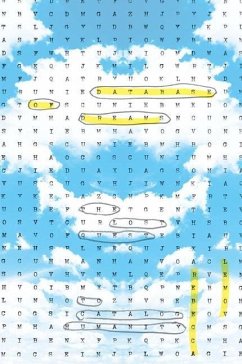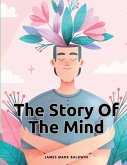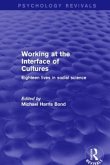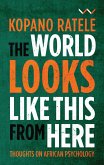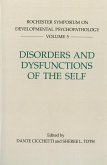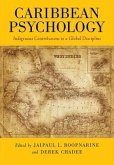"Just a few years before the dawn of the digital age, Harvard psychologist Bert Kaplan set out to build the largest database of sociological information ever assembled. It was the mid-1950s, and social scientists were entranced by the human insights promised by Rorschach tests and other innovative scientific protocols. Kaplan, along with anthropologist A. I. Hallowell and a team of researchers, sought out a varied range of non-European subjects-among remote and largely non-literate peoples around the globe. Recording their dreams, stories, and innermost thoughts in a vast database, Kaplan envisioned future researchers accessing the data through the cutting-edge Readex machine. Almost immediately, however, technological developments and the obsolescence of the theoretical framework rendered the project irrelevant, and eventually it was forgotten. Kaplan's story is a tale of the search for what it means to be human, or what it came to mean in an age of rapid change in technological and social conditions. His project--call it a database of consciousness--was intended as a repository of humankind's most elusive ways of being human, as an anthropological archive; through it a veritable sluice of social knowledge was expected to flow from seemingly unlikely encounters. This is a book about those encounters--between scientists and subjects, between knowledge and machines--as well as the data that flowed out of them and the ways these were preserved and not preserved."--

